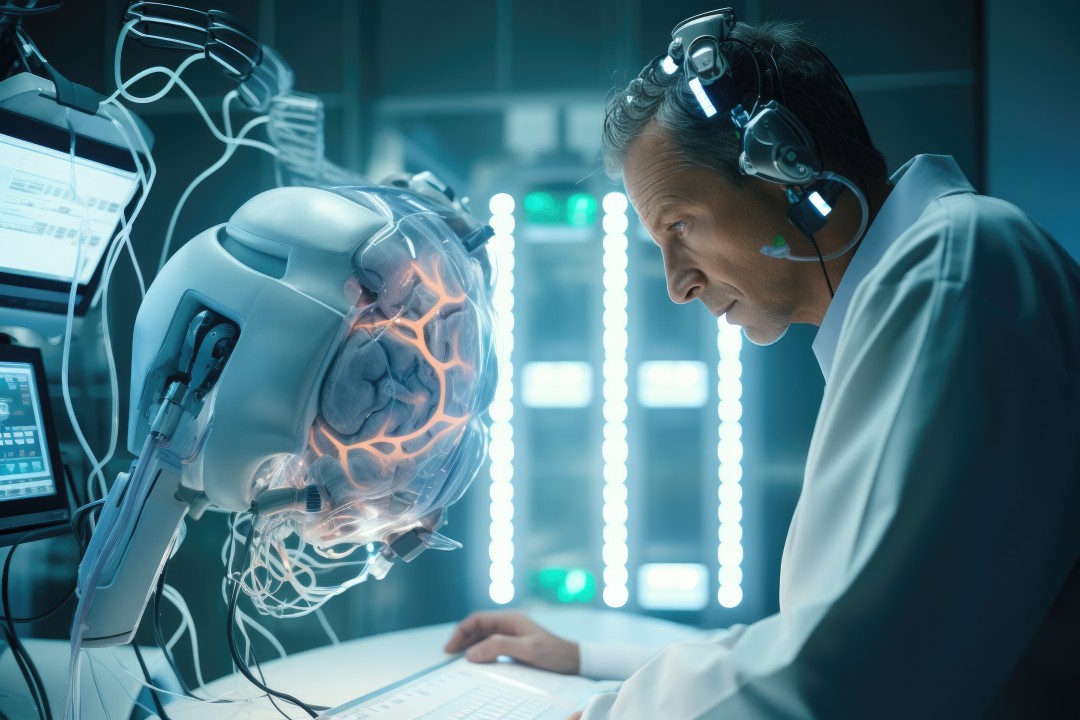
In the past decade, artificial intelligence (AI) has emerged as one of the most transformative forces in the medical field. From improving diagnostic accuracy to streamlining hospital operations, AI in healthcare is not just a futuristic concept—it’s a present-day reality. Today’s leading healthcare technology innovations are powered by algorithms that assist doctors, enhance patient care, and improve outcomes at scale.
The Role of Medical AI in Modern Healthcare
Medical AI refers to the application of machine learning, deep learning, and data science techniques to analyze complex medical data. Its capabilities extend far beyond automation—it supports clinical decisions, enhances precision, and minimizes human error.
Let’s explore how AI is revolutionizing healthcare across key areas:
1. AI in Diagnostics: Enhancing Accuracy and Speed
AI-powered diagnostic tools have proven to be game changers, especially in radiology, pathology, and ophthalmology. These systems analyze medical images (like X-rays, MRIs, and CT scans) to detect conditions such as:
- Cancer (breast, lung, skin)
- Diabetic retinopathy
- Pneumonia and COVID-19
- Heart disease
Example: Google’s DeepMind developed an AI model that can detect over 50 eye conditions with accuracy comparable to leading ophthalmologists.
Impact: Faster, more accurate diagnoses lead to earlier interventions, which significantly improve patient outcomes and reduce healthcare costs.
2. Robotic Surgery: Precision and Minimal Invasiveness
Robotic-assisted surgery, powered by AI, allows surgeons to perform complex procedures with extreme precision. Systems like the da Vinci Surgical System combine real-time data analysis with robotic arms to:
- Reduce blood loss and recovery time
- Minimize surgical errors
- Enhance outcomes in urology, gynecology, and cardiology
AI’s Role: Machine learning helps refine techniques by analyzing thousands of past procedures, enabling predictive assistance during surgeries.
3. Patient Data Analysis: Predictive and Preventive Care
With the explosion of electronic health records (EHRs), wearable devices, and genomic data, healthcare providers face a data deluge. AI steps in by:
- Identifying high-risk patients through predictive modeling
- Recommending personalized treatment plans
- Monitoring patient adherence and outcomes in real time
Use Case: IBM Watson for Health has been used to analyze vast amounts of clinical data to assist oncologists in recommending cancer treatments tailored to individual patient profiles.
Benefit: AI enhances preventive care, reduces hospital readmissions, and optimizes resource allocation.
4. Ethical Concerns and Challenges
Despite its promise, the adoption of AI in healthcare raises critical ethical and regulatory questions:
- Bias in Algorithms: AI models trained on biased data can produce skewed outcomes, especially for underrepresented populations.
- Patient Privacy: Handling sensitive medical data requires strict adherence to HIPAA and GDPR standards.
- Transparency & Accountability: Physicians and patients must understand how AI arrives at its decisions to build trust and ensure accountability.
Solution Path: Explainable AI (XAI), ethical frameworks, and regulatory oversight are being developed to address these concerns.
Conclusion: The Future of Healthcare Technology
AI in healthcare is already reshaping how care is delivered—from diagnostics to surgery to data-driven prevention. As algorithms become more sophisticated and integration with existing systems improves, we can expect even greater personalization, efficiency, and effectiveness in medical care.
Yet, the human element remains essential. Medical professionals will not be replaced by AI—but rather, empowered by it. The future of medical AI lies in collaboration: between doctors and machines, innovation and ethics, data and empathy.






